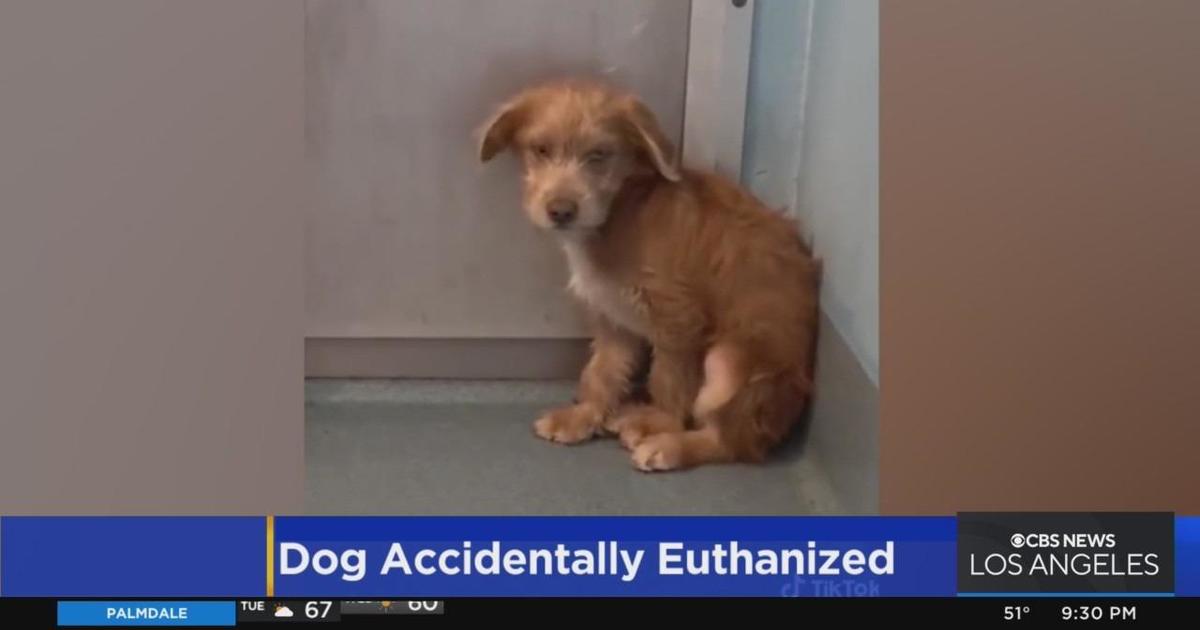HOUSTON – As Christmas quickly approaches, the gifts will be flowing and so will the food.
But for our pet parents who love to sneak their furry friends a snack or leftovers, here’s what you need to know to avoid your pets from getting ill.
Animal health specialists at OurFitPets have put together a list of common Christmas foods that can cause serious health problems for cats and dogs, as well as advice on what you should do if your furry friend accidentally eats any of these foods.
Christmas foods you should not give to cats and dogs
-
Christmas pudding
-
Mince pies
-
Sage and onion stuffing
-
Onion gravy
-
Chocolate
-
Macadamia nuts
-
Blue cheese
-
Alcohol
-
Turkey bones and fat
-
Mouldy foods
Christmas pudding and mince pies
These common Christmas treats contain dried fruits such as raisins, sultanas and currents, all of which are particularly toxic for cats and dogs and can cause kidney failure if consumed.
Signs that your pet has poisoning from these foods include vomiting, increased thirst and urinating less frequently than normal.
Safe and onion stuffing and onion gravy
Any foods that contain vegetables of the allium variety should be off the menu for cats or dogs. This includes fresh and powered forms of aromatics such as onions, garlic, shallots, leeks and chives, which are frequently found in Christmas stuffing and gravy.
These vegetables all contain a compound called N-propyl disulfide which is damaging to your pet’s red blood cells and can cause them to develop anaemia.
Signs of allium poisoning in pets includes diarrhoea, stomach pain, as well as presenting as fatigued, weak or off their regular food.
Chocolate
Chocolate can be particularly toxic for cats and dogs as it contains a compound called theobromine, which animals can’t metabolise easily, and causes overstimulation of their muscles, including their heart.
Dark chocolate and baking chocolate are the worst offenders as they contain the highest levels of theobromine, while white chocolate is the least harmful as it contains only a small amount of the compound. Although it’s still not recommended to give your pets white chocolate, as the high levels of fat and sugar are still likely to upset their stomach.
Signs of chocolate poisoning in pets includes; vomiting, a more excitable mood or muscle twitching, elevated heart rate or breathing, tremors or twitching.
Macadamia nuts
While it’s not fully understood why Macadamia nuts are unsafe for domestic animals, consuming them can cause your cat or dog to appear weak or sleepy and can cause painful or stiff joints that may make it difficult for them to walk.
This variety of nut can also induce vomiting, tremors and raised body temperature for up to two days.
Blue cheese and mouldy foods
Blue cheese such as Roquefort contains a compound called roquefortine C, which is known to cause muscle tremors and seizures in cats and dogs for up to two days.
Like blue cheese, gone off dairy or bread products contain fungi and mould which produce mycotoxins that can produce similar negative effects for cats and dogs when ingested.
Alcohol
Animals are more sensitive to the ethanol present in alcohol than humans are. Consumption of alcohol will cause your pet to become drowsy and unstable on their feet and at worst can cause a drop in body temperature and blood sugar, which can lead to seizures or a coma.
Turkey bones and fat
While not necessarily toxic to cats and dogs, turkey bones can be brittle which means there is a high chance of them splintering and lodging in your pet’s throat or stomach.
Turkey fat and fatty foods in general, shouldn’t be given to pets in large quantities either, as they can cause stomach discomfort and diarrhoea.
Tips to prevent your pets from eating unsafe foods
Keep chocolate out of reach
It may sound obvious, but tubs of chocolate and advent calendars should be kept out of your dog’s reach or in the fridge where possible.
Remove chocolate decorations from your Christmas tree as your pets can still knock these off, even if they are hung high up.
Avoid putting chocolate selection boxes as presents under the tree, as dogs can smell them through the wrapping paper.
Keep pets in another room while eating
Try to keep your pets in a separate room of the house during Christmas dinner, to avoid them eating unsafe foods that might have dropped on the floor.
Always check the ingredients
Always check the list of ingredients in any food before feeding to your pet. Many products will contain onion or garlic powder as flavouring, which is just as harmful for your pet as the real thing.
What to do if your pet has eaten something it shouldn’t have
Even if your cat or dog has only eaten a small amount of these foods, it’s important to do the following:
-
Call the vet straight away – Don’t wait for your pet to start showing symptoms. A vet will be able to offer advice, and the quicker you act, the better chance your pet will have of recovery.
-
Note the time and quantity of food ingested – Provide the vet with as much information as you can. This includes the time your pet ate the unsafe food, brand names, the ingredient list and how much you think they consumed
-
Don’t try to make your pet sick – Attempting this can cause further health complications. Leave this to your vet, as they are trained to do this in a safe manner.
Copyright 2022 by KPRC Click2Houston – All rights reserved.
